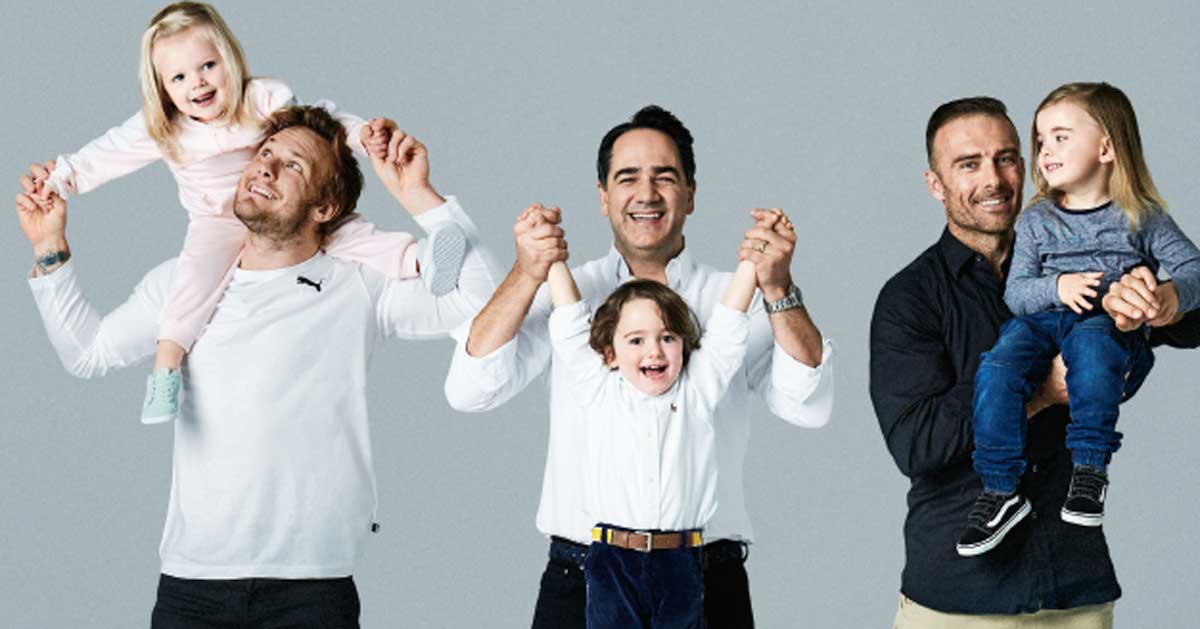
Clementine and Tom were thrilled to be expecting their first child. Both worked at large corporate law firms with generous paid parental leave (PPL) policies, so the Melbourne-based couple mapped out how they would manage the adjustment to a family of three. Clementine would take six months off, Tom would take three and once their baby was nine months old they would each work four days a week and arrange childcare.
Clementine’s bosses were delighted when she told them she was pregnant and approved her request for six months’ parental leave on the spot. Yet when Tom told his male boss he wanted to take three months paid parental leave, he was told, “We have that policy but no dads have actually used it. It wouldn’t be good for your career to take that much time off”. Tom was shocked. “The policy existed but the expectation was clearly that Clem – or mums in general – would take time off,” he says.
For the vast majority of Australian families, the male breadwinner paradigm remains dominant, even in 2019. “The use of parental leave by fathers and male partners in Australia is very low by global standards,” says Emma Walsh, CEO of Parents-at- Work. “Not only was Australia one of the last countries to introduce a policy but we offer one of the least generous schemes among OCED nations.”
In the UK, parents receive 39 weeks of full-time pay from the government; in Canada it’s 35 weeks. In Australia, “primary” carers are entitled to 18 weeks’ pay based on the minimum wage while “secondary” carers are entitled to two weeks of ‘Dad and partner pay’, also based on the minimum wage.
Only one in 20 dads take “primary” parental leave, according to the Australian Bureau of Statistics, while a Human Rights Commission study revealed that 85 per cent of Australian fathers and partners took less than four weeks’ leave upon the arrival of a baby.
The Workplace Gender Equality Agency measures organisations with 100 employees or more and in 2016-17 men represented just 4.7 per cent of all employees who took primary carer’s leave.
Walsh says dividing the caring roles of parents into “primary” and “secondary” is emblematic of an outdated approach that entrenches the antiquated ‘breadwinner/homemaker’ gender divide. “Fathers are almost always labelled as the ‘secondary carers’, and most employers provide limited parental leave for secondary carers, if any at all.”
Because the government- funded Dad and Partner Pay is limited to two weeks, Walsh says fathers often have to rely on their employers to pay for any additional time off.
Even when Australian dads do have access to paid primary carer’s leave, the uptake is low. “It’s where the cultural and social stigmas surrounding it – ‘It’s a woman’s job to care for the kids’ – come in,” Walsh says.
Most dads’ working lives remain unchanged after having a baby, according to research released in May by the Australian Institute of Family Studies. It confirmed that mothers’ employment alters dramatically after having a child and for years to come, but not dads’.
Men want to be more involved in the lives of their children. In 2014, three in four dads told the Human Rights Commission they would have liked to take additional leave. Money was the reason over half of those didn’t take as much leave as they wanted. This reflects global research that indicates paid leave for fathers is critical to redistributing care between men and women. Sweden is a case in point, where men now take 25 per cent of all paid parental leave.
Australia does not have a nationally legislated approach to encourage “shared care” – nor is PPL reform on the agenda – but Walsh is hopeful of change.
“Parental leave equality is now firmly on many employers’ radars and this could mean we’re about to see a significant leap forward in parental leave policy reform.”
In the past year alone Baker McKenzie, QBE, Deloitte, Spotify, Medibank and L’Oreal have each announced significant changes to their PPL policies aimed at making leave more accessible, generous and inclusive for parents, not just mums.
A year after becoming a dad for the first time, Tom was promoted to partner at his law firm. When their second child was on the way, he used his seniority to insist on taking extended leave. “It’s far from perfect,” he says. “But I hope because of my example, other men – and women – in the firm know it’s acceptable for dads to take parental leave too.”

















